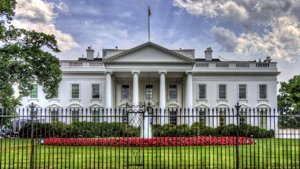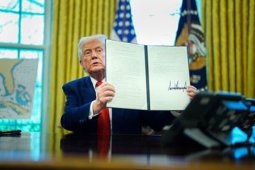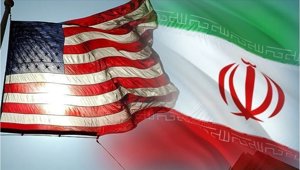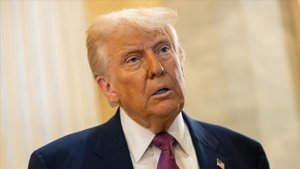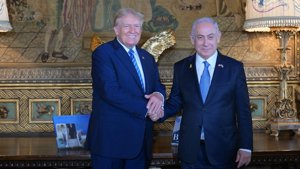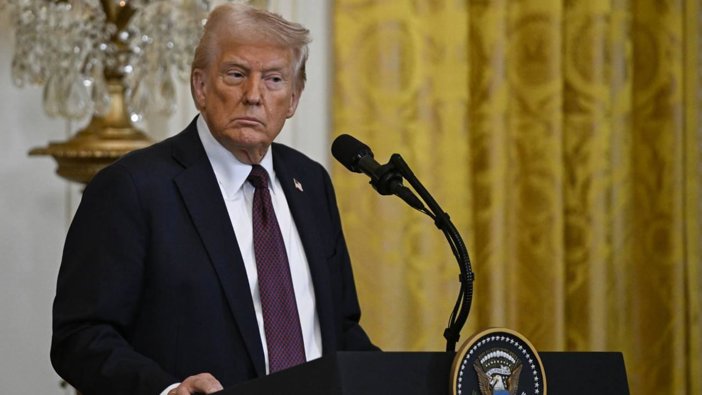
Court Pauses Trump Tariff Block
Federal appeals court pauses ruling against Trump tariffs, sets full-bench review for July 31 in high-stakes legal battle.
Appeals Court Grants Stay, Schedules Rare En Banc Hearing
The U.S. Court of Appeals for the Federal Circuit has paused a lower court’s decision that had blocked President Donald Trump’s contested tariffs, ensuring the tariffs will remain in effect while the case proceeds. The court also scheduled an expedited full-bench hearing for July 31, marking a rare en banc review reserved for matters of major legal significance.
The ruling comes in response to a lawsuit brought by five small businesses and a coalition of states who challenged Trump’s use of the International Emergency Economic Powers Act (IEEPA) to impose the tariffs. Earlier this year, the U.S. Court of International Trade had sided with the plaintiffs, ruling that the tariffs were unlawful and ordering them to be blocked. That ruling is now on hold pending further review by the appeals court.
In its order, the Federal Circuit determined that both sides presented substantial legal arguments, justifying a stay under standard judicial criteria. The court emphasized the need to preserve the status quo while it conducts a more comprehensive review.
The case is now set for oral argument before the full bench of active judges at 10:00 a.m. on July 31 in Courtroom 201 at the Federal Circuit courthouse in Washington, D.C. Legal observers note that en banc hearings are uncommon and signal the court’s recognition of the case’s constitutional and statutory implications.
Competing Views on Executive Authority and Economic Powers
The Liberty Justice Center, representing the five businesses, expressed disappointment with the stay but welcomed the court’s decision to expedite the case. “We’re disappointed the federal circuit allowed the unlawful tariffs to remain in place temporarily,” said Jeffrey Schwab, Senior Counsel and Director of Litigation at the Liberty Justice Center. “Every court to rule on the merits so far has found these tariffs unlawful, and we have faith that this court will likewise see what is plain as day.”
Schwab argued that IEEPA does not authorize the president to impose tariffs without clear legislative backing, describing the administration’s actions as overreach. Still, he acknowledged the importance of the court’s decision to proceed quickly with full judicial scrutiny.
In defense of the administration, White House spokesman Kush Desai stated that the executive branch is using its lawful authority to address national emergencies, including trade deficits and drug trafficking. “The Trump administration is legally using the powers granted to the executive branch by the Constitution and Congress,” Desai said. He added that the stay was a welcome development and expressed confidence that the administration would ultimately prevail in court.
The upcoming July hearing will likely shape the legal boundaries of executive authority under IEEPA and could set precedent for future use of emergency economic powers. With both sides prepared for a high-stakes legal showdown, the decision will have far-reaching implications for trade policy and presidential power.

